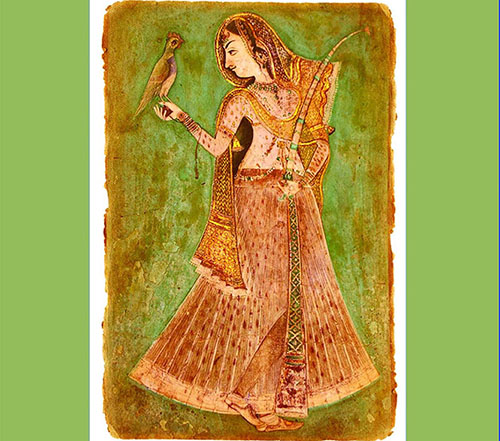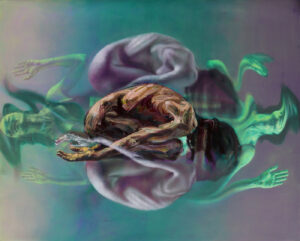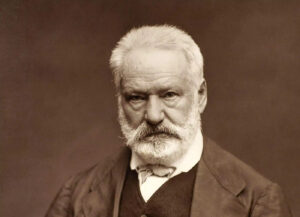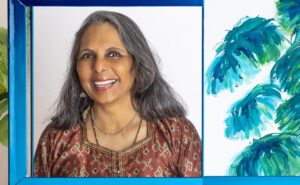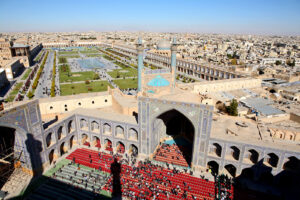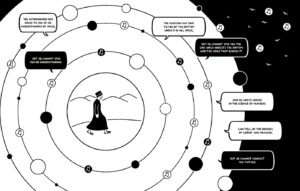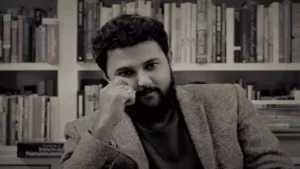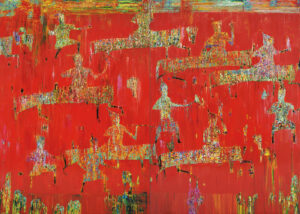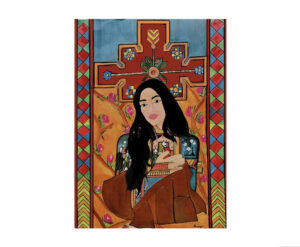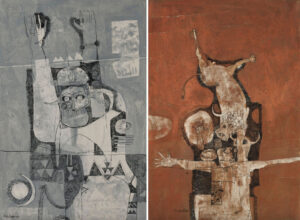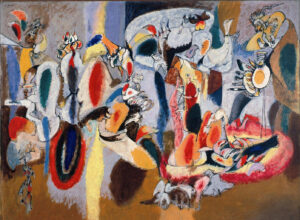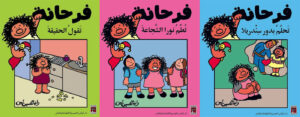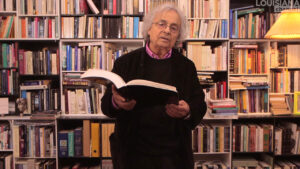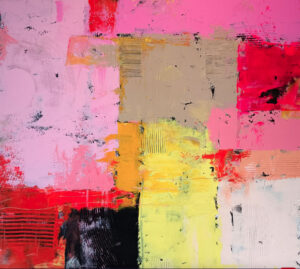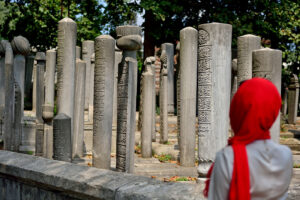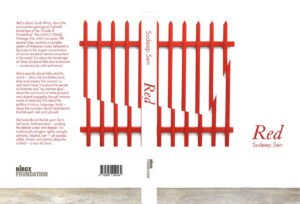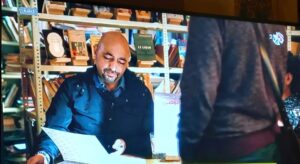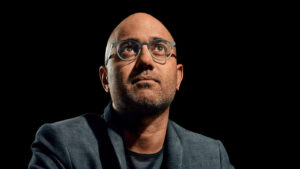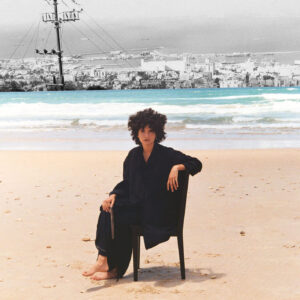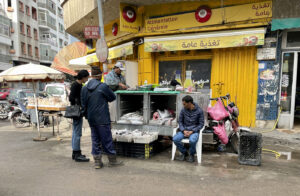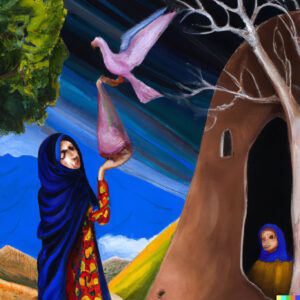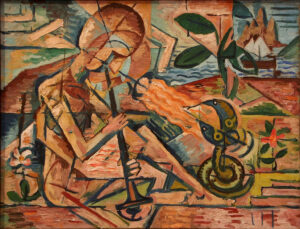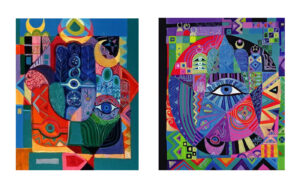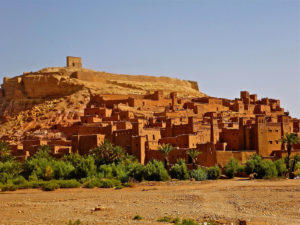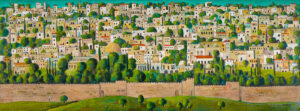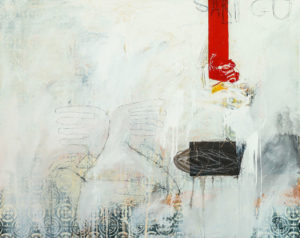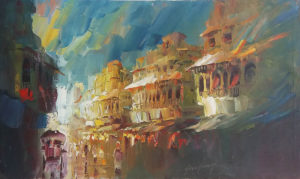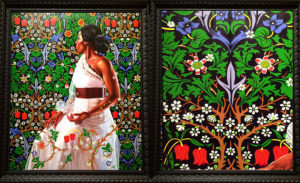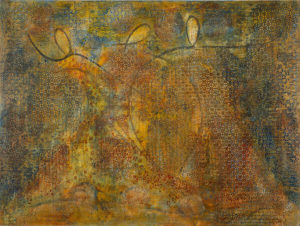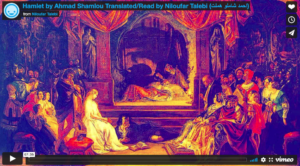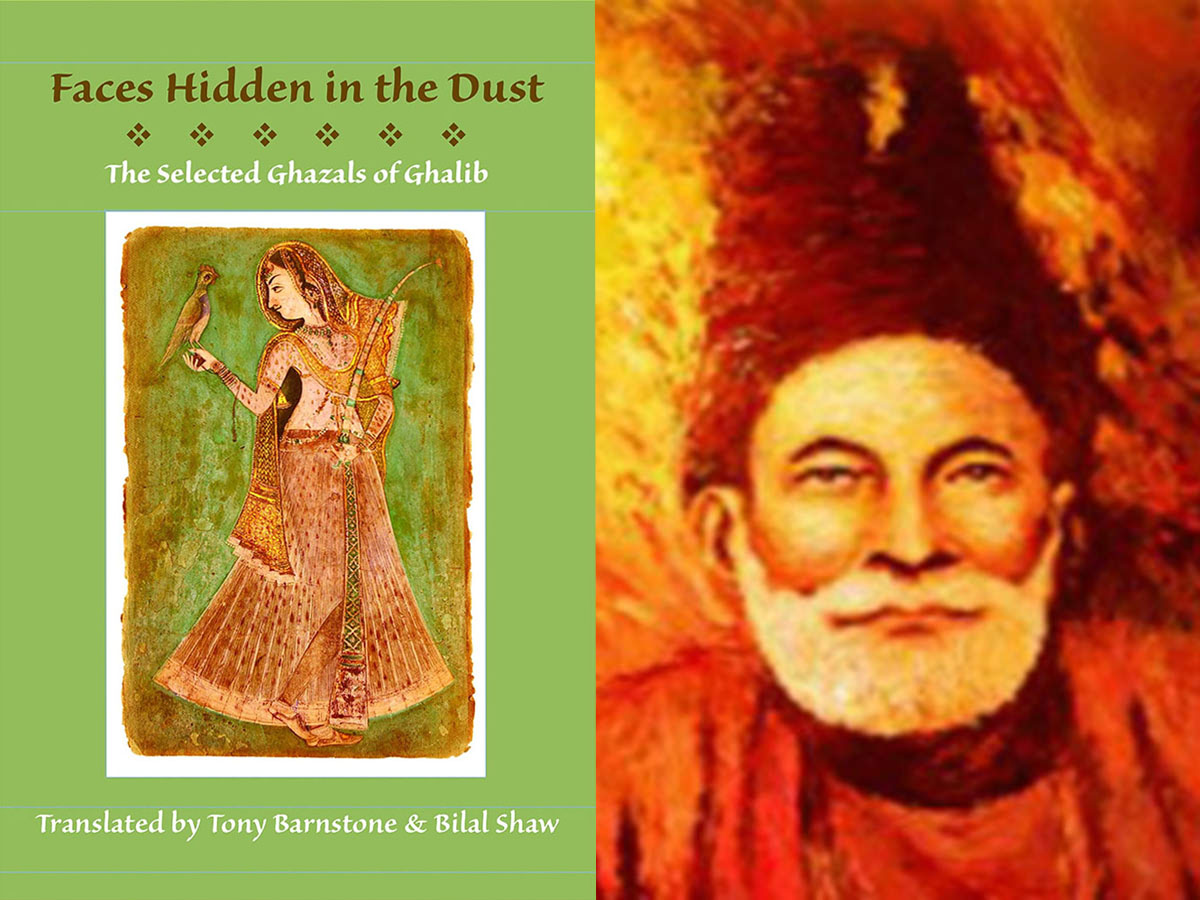
Faces Hidden in the Dust by Ghalib
Translated from the Urdu by Tony Barnstone and Bilal Shaw
Mirza Asadullah Beg Khan (1797-1869), known by his pen names Asad (“lion”) and Ghalib (“superior”), is the famous romantic and mystical poet of the Mughal Empire (1526-1858) in India. He is the most-beloved and most widely read poet of the Urdu language, the dominant language of northern India and Pakistan that emerged through the blending of Hindustani with Arabic and Persian. Order here.
The Hidden Flame
The hidden flame is cruel.
My heart’s burning.
A whispering ember,
the hurt’s burning.
No hunger for her memory
eats at my heart.
There is a firestorm in my house;
every part’s burning.
I am beyond nonbeing
and my sighs are hot enough
to make a Phoenix’s wings
start burning.
How do I show the flaming gem
of my thoughts?
A wild thought kindled in me
and set the desert burning.
I have no heart
or I’d show you my flower wounds.
How can I put on a fireworks show
when my shirt’s burning?
Ghalib, it’s come down to me
and a thirst for ice, for my heart
took people’s false warmth to heart
and started burning.
(Ghazal 5)
Nothing
Before being there was God.
If nothing were, God still would be.
Being drowns me.
What matter if I have no being?
Brain-numbed from grief,
I’m decapitated, yet I feel nothing.
I will rest my head on my knees,
if it is still attached to me.
It has been eons since Ghalib died.
But it is remembered
how he asked,
“What would have been if it had been?”
(Ghazal 32)



